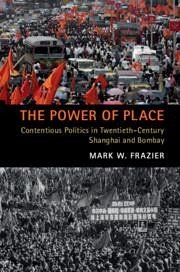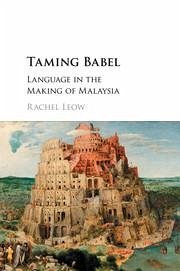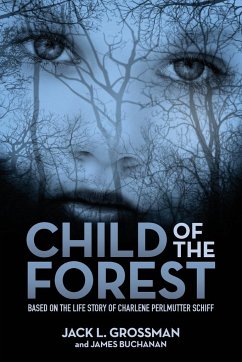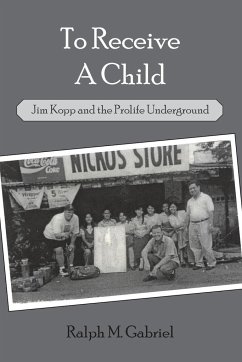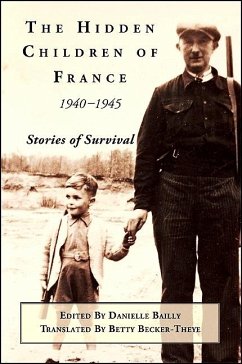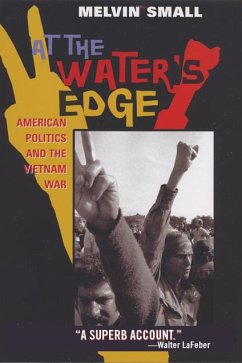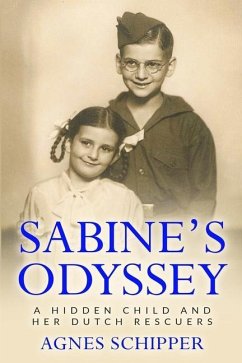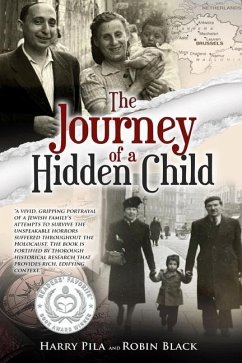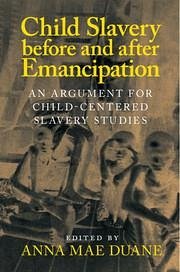
Child Slavery Before and After Emancipation
An Argument for Child-Centered Slavery Studies
Herausgeber: Duane, Anna Mae
Versandkostenfrei!
Versandfertig in über 4 Wochen
32,99 €
inkl. MwSt.

PAYBACK Punkte
16 °P sammeln!
An innovative, interdisciplinary anthology arguing that we are unable to fully understand slavery - then and now - without attending to children's roles in slavery's machinations.



